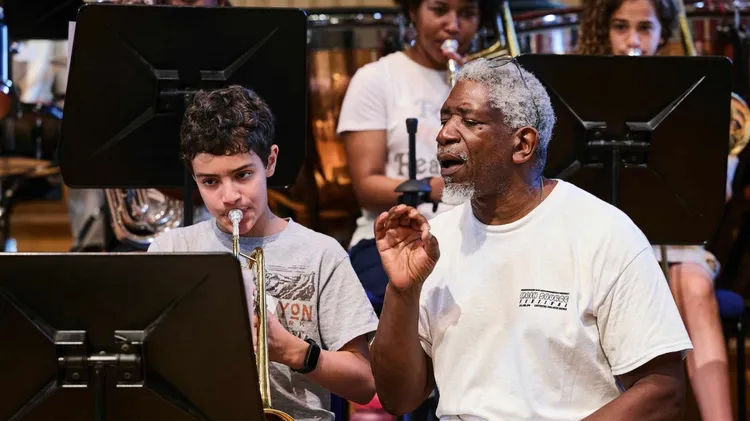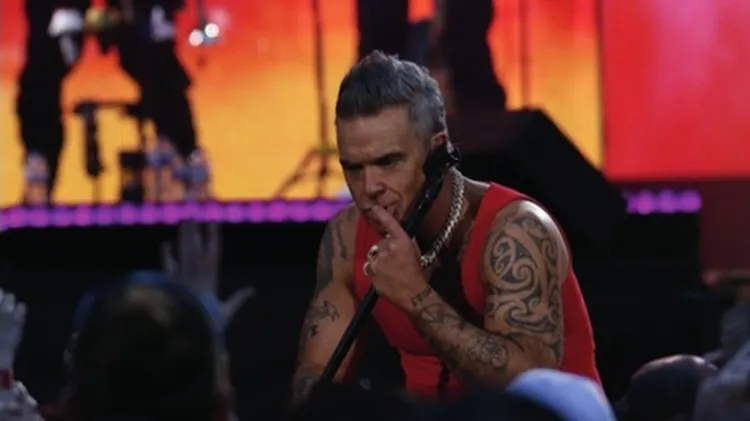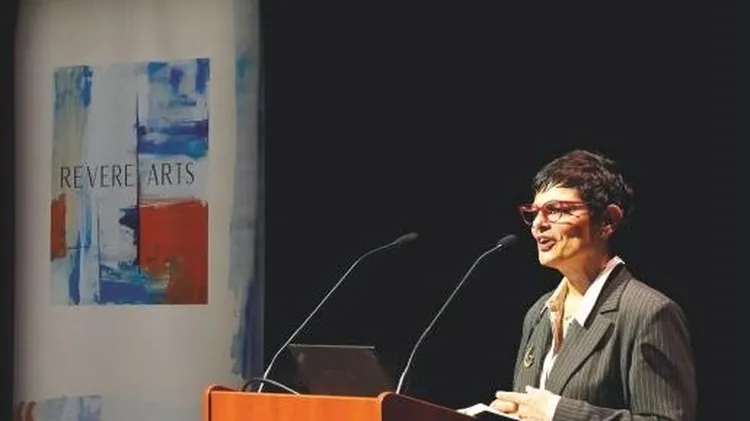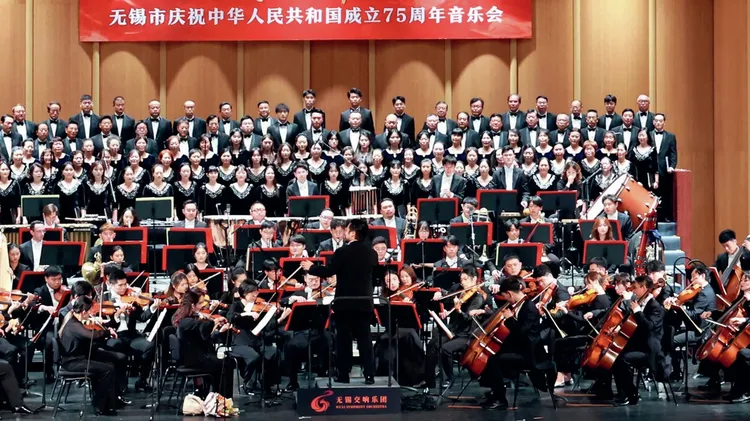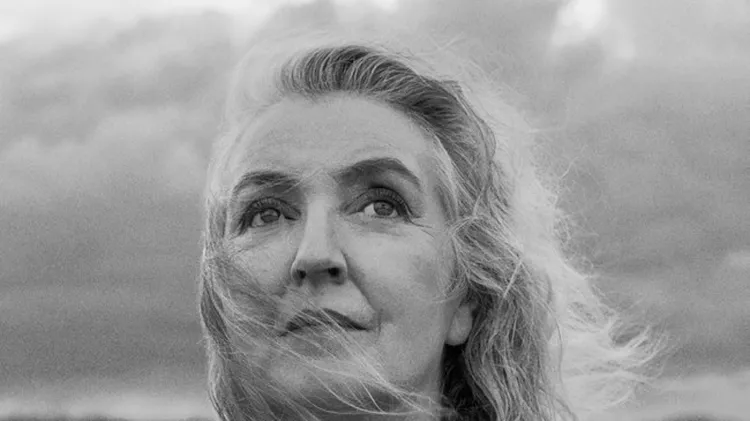As we say goodbye to a tough year, what do we hope for music in 2024?
Richard morrison
3 min read
This article is from...
Read this article and 8000+ more magazines and newspapers on Readly

